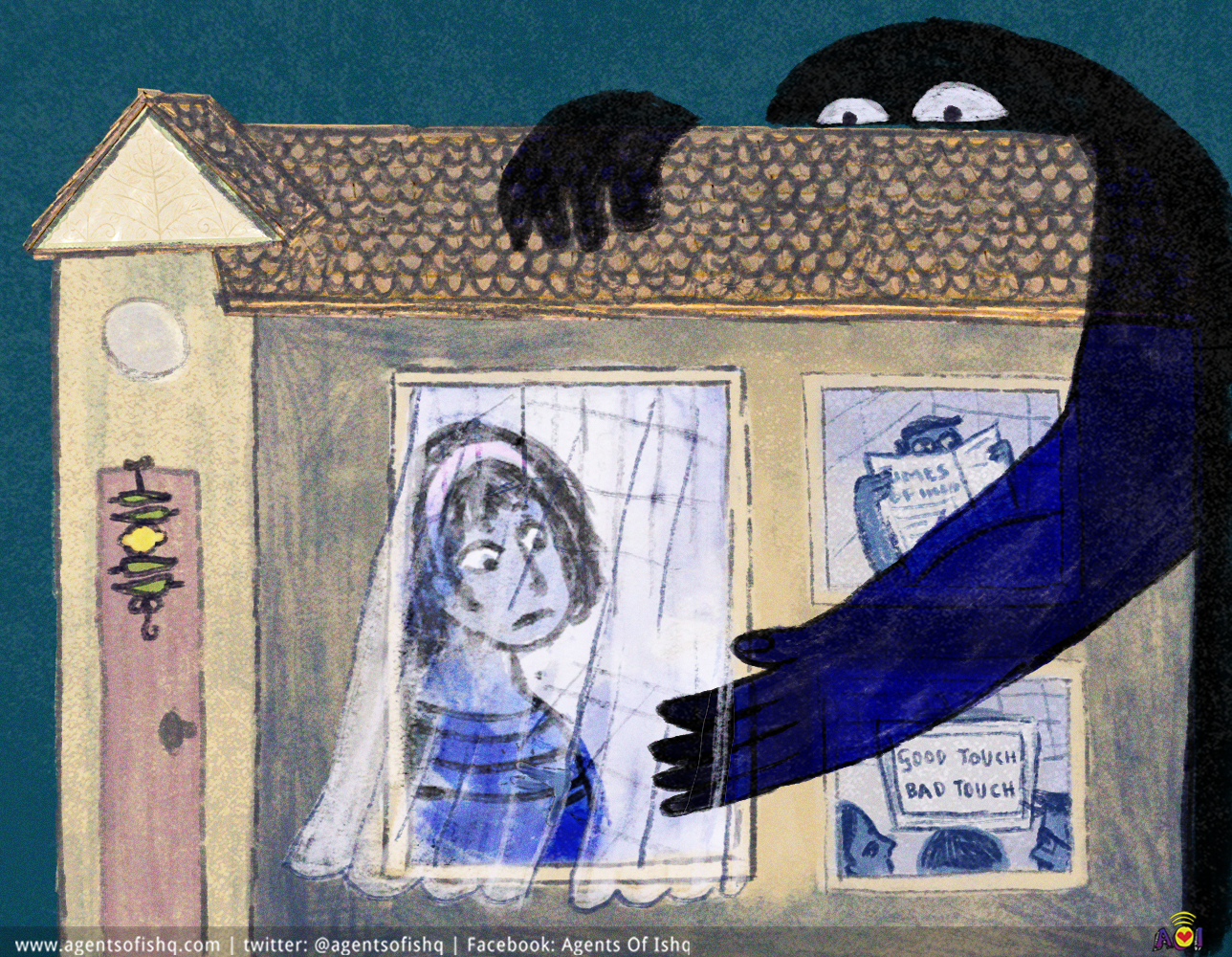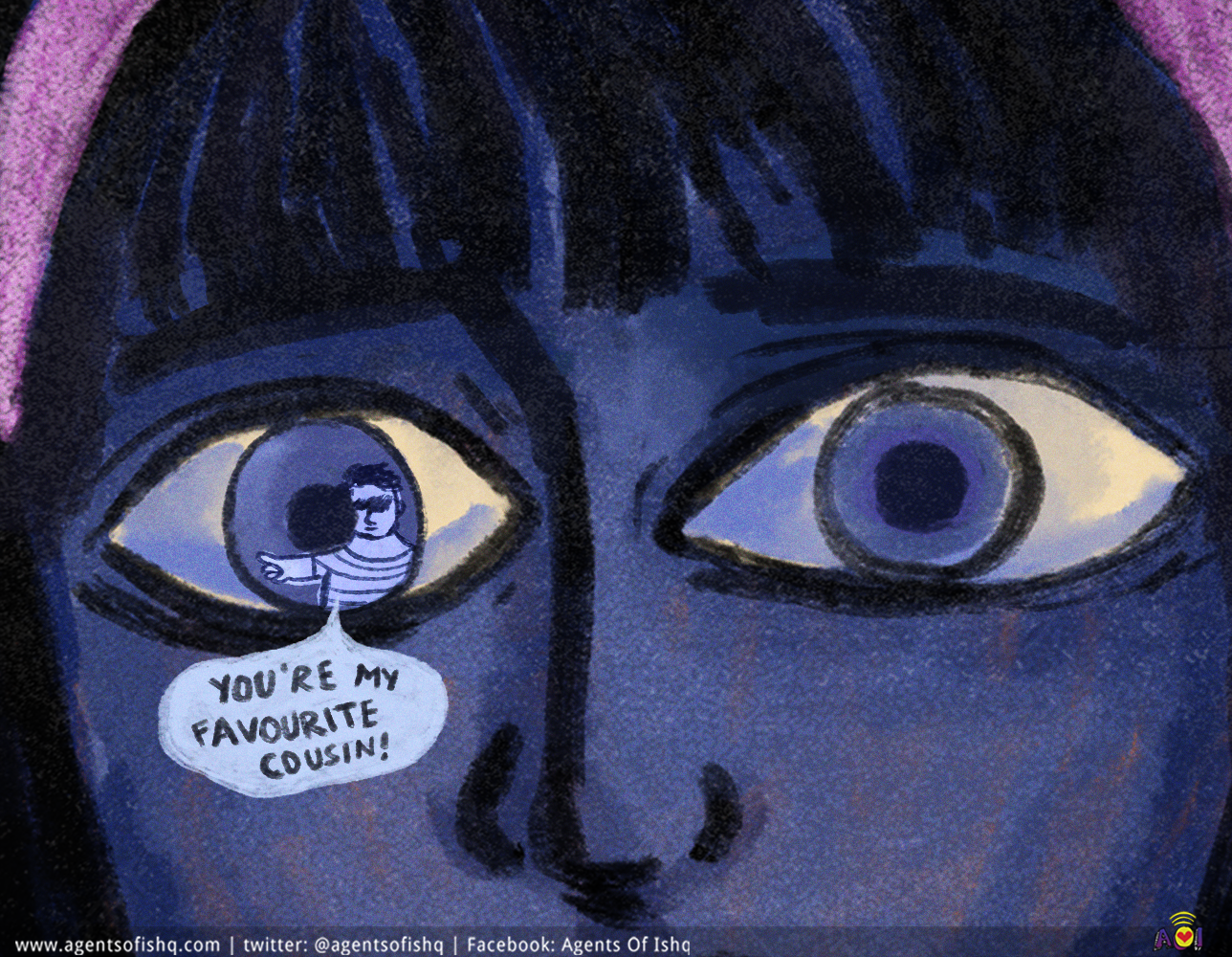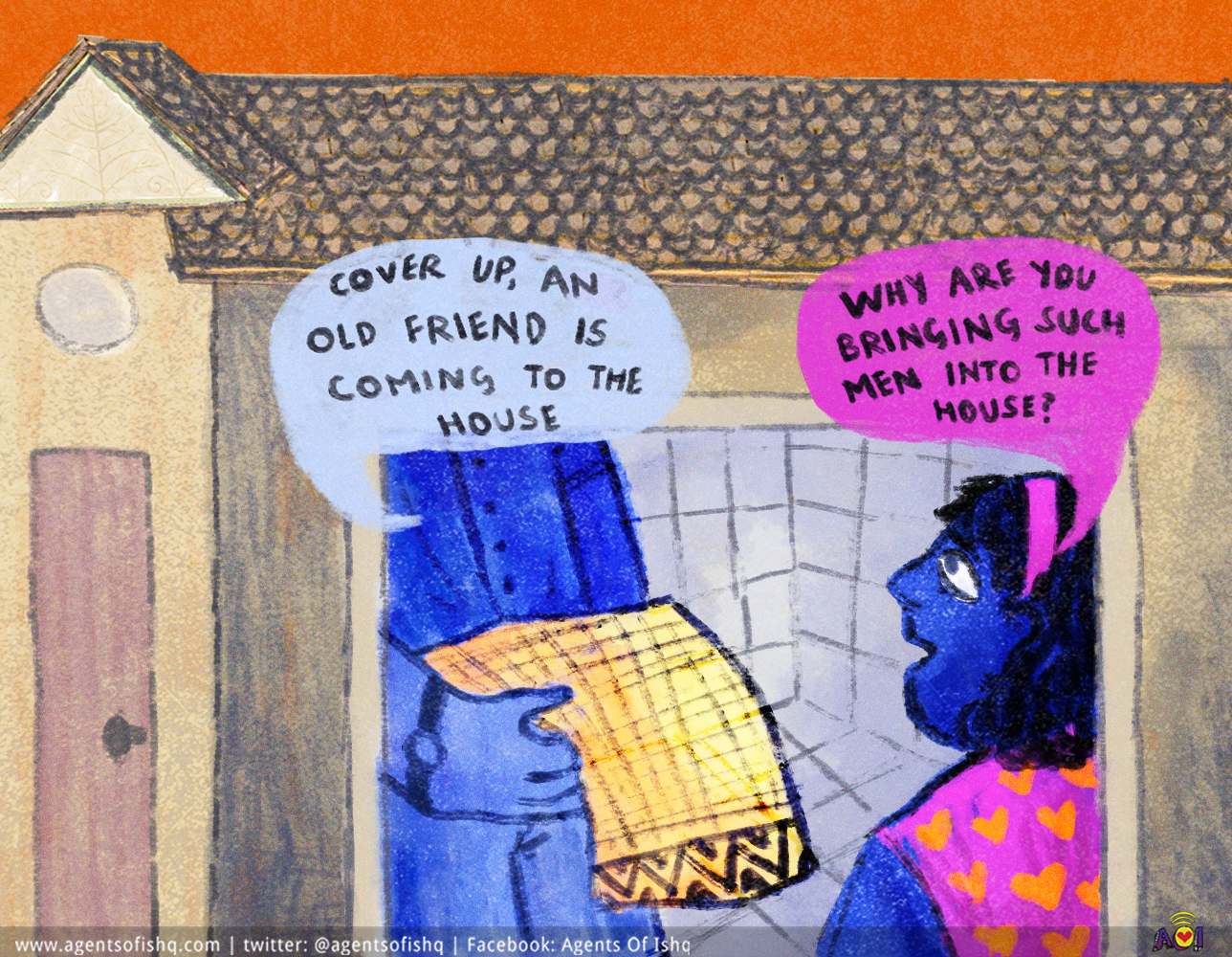Recently, I have been thinking about how some people have to realise they have been abused. They don’t always know it. It’s a fact made known to them months or years after it has already happened. Maybe it takes a movie, or a friend sharing their story that makes them go “that’s what I went through too”.
It took me years to start looking at my own experience as possible abuse too. Not sure if I completely believe it now.
During my first year of undergraduate degree, a professor said to the class “I’m sure some of you in this class have been through abuse” and shared how as a counsellor and a professor, she sees many students who open up about abuse in counselling and in classrooms. I remember looking around the class and trying to play a guessing game about who it could be, quite sure that I wasn’t the only one in class.
The story I’m about to write is one we’re all familiar with. A child is abused in their own home for years before the parents learn about it and are shocked. Except in many cases, children can never share it with their family.
As parents to young children, they make it their personal mission to teach kids everything they know about safe/unsafe touch (or good touch/bad touch as it’s known) as soon as the kids are able to understand language. Ofcourse, it includes made-up names for private parts. Recently on reelstagram, a video went popular where the father is using hand gestures to educate his infant daughter about safe touch. The video shows that one does not have to wait till the children grow up to teach these “essential skills”. Basically, by the time you are in school, you are given everything short of a PowerPoint presentation on stranger danger, while the abuser is walking around the house freely.

When I moved out to Bangalore to start a new life, I used to think I didn’t have “trauma” that I carried around from those times. For some reason, I believed that all women at some point go through some form of sexual violence, whether it’s from an uncle in the family, a stranger in the bus flashing or boyfriend demanding sex in exchange for getting married. Having seen some of these in real-life as a child, there was nothing to complain about with regards to my own experiences because I considered it normal at the time.
There was no violence or any physical force involved in it when it happened to me. I recall the times where it was as if we were in it together, where I didn’t feel like I was a victim. Even though he was only 14 or 15 years old at the time, he knew all the right things to say. At times I had to do something for him if I wanted to use his phone. Whenever he saw me, he would say that I was his favourite cousin and that’s why he did those things to me. At times, it felt nice to be wanted (which I’m realising has to do something with my tendency to seek validation in the wrong places). So, I would think I am not allowed to have any negative feelings because it wasn’t assault. It couldn’t be. Later, I would feel guilty for not having any feelings that people who went through such an experience were supposed to have. It’s a lot of feelings for a child to handle, so I just found it easier to accept what was done to me, each time it happened.
It happened so long ago that it feels like when I moved from that house and left behind some toys and clothes that didn’t fit in my suitcase, I left these memories too there. Maybe that’s what happens when you move from any place. You choose what memories you want to take or when you can’t, your mind does it for you, and it shapes how you view that time in your life.
I remember the first time I said “no” to him. I was 9. By that time, it had been going on for at least three years. I don’t know if it happened earlier than that, my memory can't dig up an answer. I remember him getting up from his bed and lying next to me. He tried to pull my t-shirt and put his hand in. When I said no, he listened. But a few minutes later, he did it anyway.

I had thought about telling it to my family many times. At age 8, I did not know what victim blaming was. But I had already seen what it looked like in families. Indian families are good at blaming everything on women. Telling my experience to my family would have been the end to my already limited freedom. I had seen many instances of it before. I visited a relative’s house in Tamil Nadu when I was seven years old. There were two children aged 3 and 6. A distant uncle of mine had taken the youngest with him, removed her clothes and had taken pictures of her on the phone. When the story came out, everyone asked “why didn’t she stay with the women in the house?”
One theory in psychology says that children aren’t born with a blue-print to navigate the world.
So, they learn from observing others in their life, particularly their parents. Knowing this is important, because children are actively picking up how elders handle situations and eventually they also come to follow it.
Like every parent in our culture, my dad used to ask me to cover up whenever there were men coming to the house. And like every good daughter, I would do it, no questions asked. But my exposure to feminism and a newfound sense of freedom that came with it allowed me to present myself the way I wanted. So once when I was in college, when my dad told me to cover up because some old fellow was coming to the house, I asked him “why are you bringing such men into the house?”. He never said that to me again.

He used to tell me that I taught him a lot about many things in life. While my reaction was because I didn’t want to go through the experience of feeling like a victim in my own house, it made my dad think about who we are placing the responsibility on while trying to protect our children. Engaging in this line of thinking is very important to let go of unhelpful things in our belief system. If home is really a safe space, what are we willing to change in the way we currently do things to really make it one.
Bio: C J is a teacher, counsellor and wannabe writer. When she’s not busy reading, she'll be walking around Rajajinagar wearing a helmet.
































































































































































































































































































































































































































































































































































































































































































































































































































































































































































































































































































































































































































